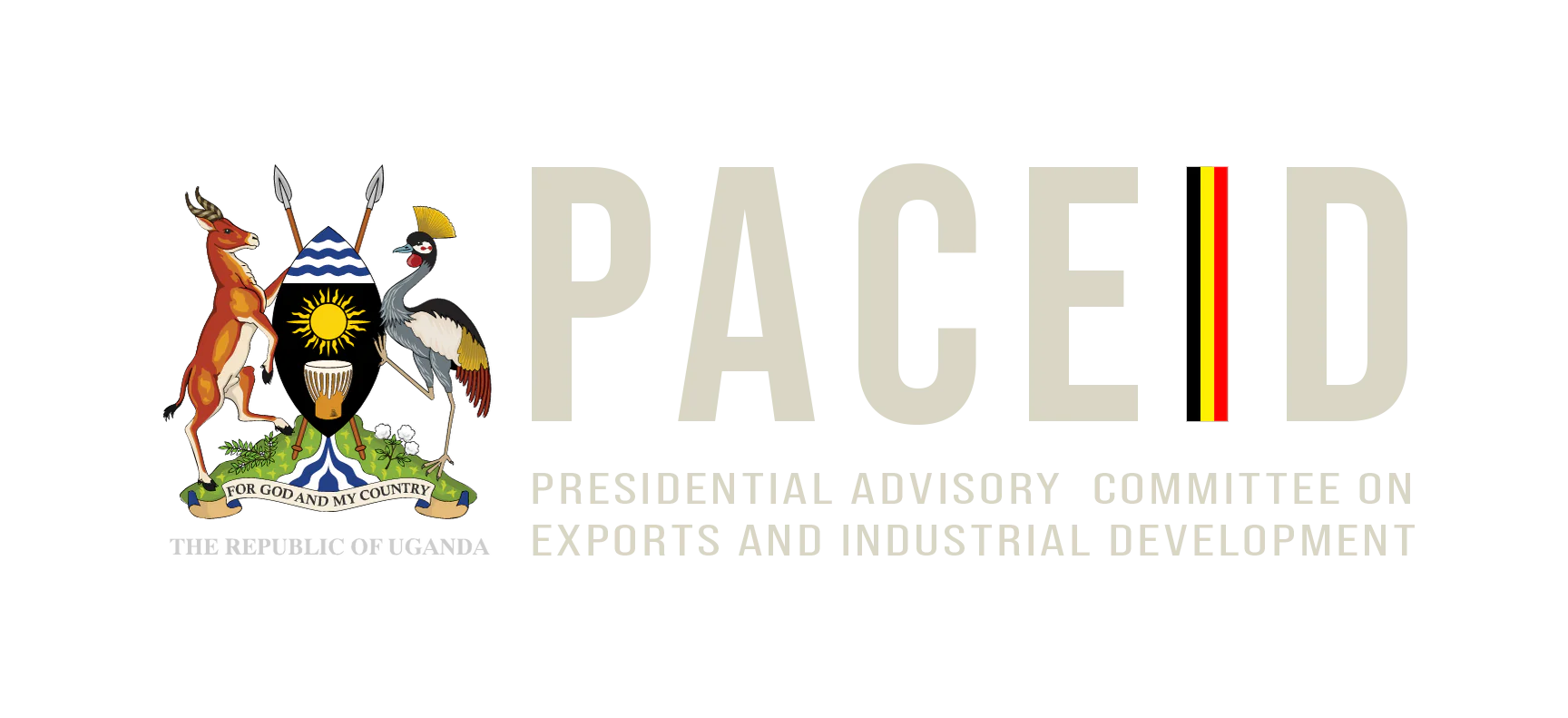In a significant move towards enhancing trade relations within the African continent, Uganda and Nigeria have signed a commitment document that paves the way for Uganda to export its first shipment to Nigeria under the African Continental Free Trade Area (AfCFTA) protocols in January 2025. This landmark agreement is poised to promote economic growth and development in both nations, unlocking many opportunities for businesses and communities alike. The commitment document was signed on Monday, December 16, 2024.
Ani Charles Bassey Eyo, Uganda’s Trade Representative in Lagos, Nigeria signed on behalf of his country while Brenda Katarikawe Opus, Director Markets- PACEID, for Uganda. This consignment aims to facilitate market testing and profiling of consumer tastes and preferences in Nigeria, thereby laying the groundwork for expanded trade opportunities. The shipment will include; coffee, black and green tea, milk, fish, and pharmaceuticals, with a target quantity of one ton per product.
The signing happened on the sidelines of commissioning the free zones export facility and AfCFTA Implementation Plan by H.E. President Yoweri Kaguta Museveni in Entebbe at Uganda Free Zones Authority.
The President plus other government officials, business leaders, Uganda’s Trade representatives and stakeholders from the private sector, all united in the vision of a prosperous and integrated Africa, witnessed the signing of the commitment document.
In his address, President Yoweri Museveni expressed his commitment to Uganda’s economic transformation and the vital role of regional trade in achieving this vision. He highlighted that Uganda’s formal exports to West Africa under the AfCFTA are a major step forward, despite delays that have hindered progress.
 The President also acknowledged the support of President Bola Ahmed Tinubu of Nigeria, particularly for facilitating the opening of Ugandan products to the Nigerian market. He emphasized the importance of Pan-Africanism for economic development, urging African nations to trade more amongst themselves to build shared wealth and drive socio-economic transformation.
The President also acknowledged the support of President Bola Ahmed Tinubu of Nigeria, particularly for facilitating the opening of Ugandan products to the Nigerian market. He emphasized the importance of Pan-Africanism for economic development, urging African nations to trade more amongst themselves to build shared wealth and drive socio-economic transformation.
The AfCFTA, which aims to create a single market for goods and services across Africa, presents a unique opportunity for Uganda to enhance its trade relations and boost its economy. However, the presence of non-tariff barriers—such as regulatory obstacles, customs delays, and inadequate infrastructure—poses significant challenges that need to be overcome to fully realize the benefits of the agreement.

